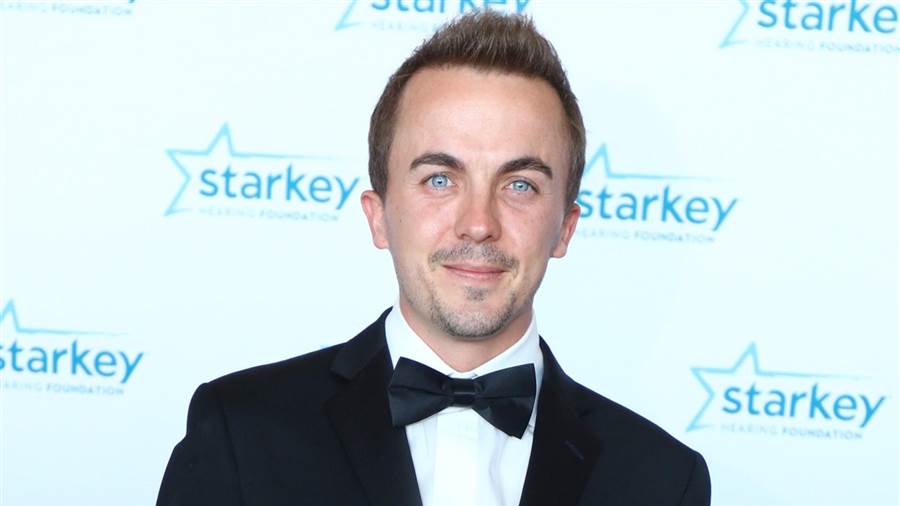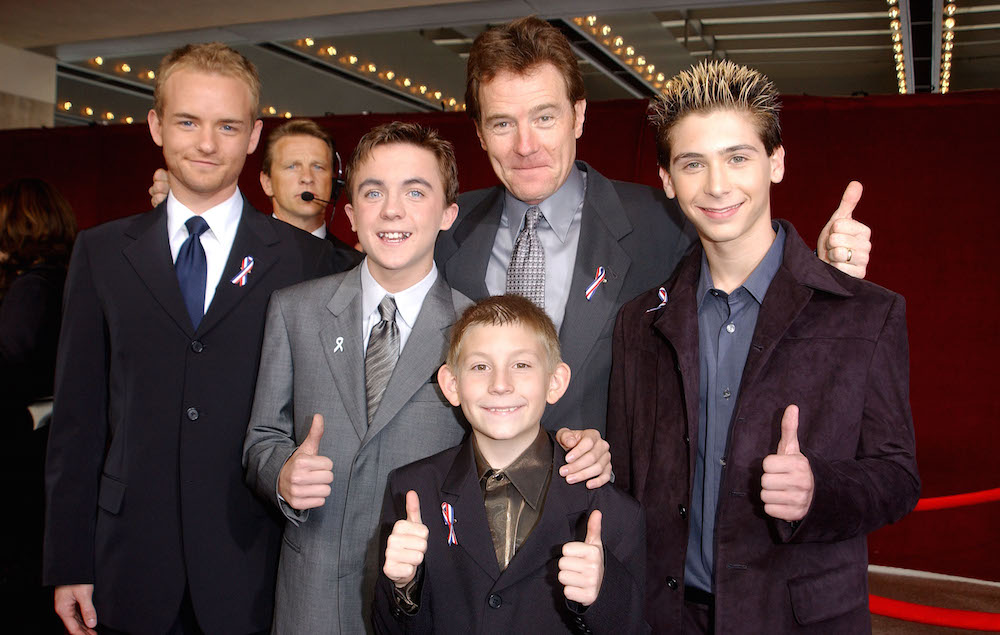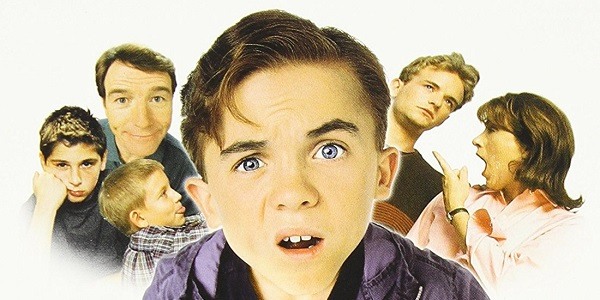On Monday’s episode of Dancing with the Stars, actor Frankie Muniz shared a personal health tidbit in a pre-taped segment: He’s struggling with serious memory loss. Muniz revealed there are entire years he can’t recall, including his entire stint on Malcolm in the Middle.
“It’s something that I never really wanted to talk about, because I’m just me and this is my life,” he told People after his performance. “But we were talking about Malcolm [in the Middle] and how it started, and I don’t really have memories of being on the show.”
Alarmingly, his doctors haven’t quite figured out what’s causing this amnesia. “Every time I go to the doctors they just tell me I’m crazy,” he said.

Memory loss is a relatively common health concern for older folks. Data from the Centers for Disease Control and Prevention suggests that 12.5% of adults ages 45 and over feel like their memory is slipping. A little forgetfulness is unavoidable as we age, but Muniz is just 31 years old.
“Memory loss can happen as part of healthy aging above the age of 65 due to some shrinkage that happens in the brain as we get older,” says Rawan Tarawneh, MD, assistant professor of neurology at the Ohio State University Wexner Medical Center. “But any loss of memory in someone in their 30s is concerning. There’s an underlying cause—we cannot attribute that to a normal biological processes.”
We can’t be sure what exactly is behind Muniz’s memory loss. But some causes do strike people in his age range. First, Dr. Tarawneh suggests ruling out autoimmune diseases like Hashimoto’s disease or Susac’s syndrome, two conditions that are characterized by inflammation in the brain, which could damage memory, she says. “Inflammatory conditions may cause memory problems, seizures, and trouble with vision or hearing,” Dr. Tarawneh says. “It’s important to look for these diseases because they’re treatable.”
Young people may also have memory loss due to injury, whether it’s a minor concussion or a more serious brain trauma, she says. Muniz admitted on DWTS that he’s had nine concussions. “People who have head injuries can have amnesia,” says American Academy of Neurology fellow Gary Abrams, MD, a professor of clinical neurology at the University of California San Francisco, but they are more likely to forget events close in time to the injury.
A history of concussions could increase a person’s risk for chronic traumatic encephalopathy, or CTE, the rare but serious degenerative brain disorder making headlines among professional football players. CTE can cause memory problems and is usually accompanied by personality and behavioral changes, says Dr. Tarawneh.
Muniz also estimated that he’s had 15 mini-strokes, or transient ischemic attacks. A mini-stroke temporarily blocks blood flow to the brain. While it doesn’t usually cause long-term damage, it can be a sign someone is likely to have a full-blown stroke, which is why mini-strokes are also sometimes called warning strokes, according to the American Stroke Association.
When blood flow to the brain is blocked, it can lead to a type of dementia called vascular dementia, Dr. Abrams says, but memory loss isn’t always a given after a stroke. “Some people can accumulate lots of mini-strokes, and that can be associated with memory loss, while other people have significant strokes and make a good recovery.”
It’s also possible that underlying mental health conditions, including depression and post-traumatic stress disorder, can trigger cognitive problems, Dr. Abrams says. The use of certain prescription medications, including anti-anxiety meds, antidepressants, statins, and sleeping pills, can also bring on memory loss, as can over-the-counter sleep aids and allergy meds, adds Dr. Tarawneh.

Most importantly, a young person with memory loss shouldn’t give up on getting the right diagnosis. That means completing a comprehensive neurological evaluation, which might include blood tests, brain imaging, a detailed medical history, and cognitive tests, according to Dr Abrams.
“Continue to pursue a cause and treatment,” Dr. Tarawneh advises anyone who may be suffering the same mysterious memory loss Muniz is dealing with at a young age. “Don’t just blame it on minor things.”




